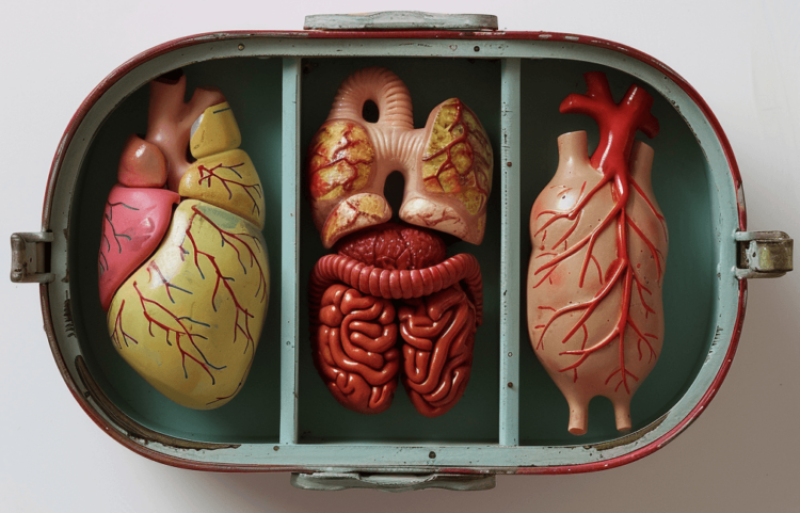Let’s do a roundup of some of the weird, wild, wonderful, and downright unsettling uses that researchers have come up with for organoids.
Organoids could help speed drug development. By some estimates, 90% of drug candidates fail during human trials. That’s because the preclinical testing happens largely in cells and rodents. Neither is a perfect model. Cells lack complexity. And mice, as we all know, are not humans.
Organoids could help doctors make medical decisions for individual patients. These mini organs can be grown from stem cells, but they can also be grown from adult cells that have been nudged into a stem-like state. That makes it possible to grow organoids from anyone for any number of uses. In cancer patients, for instance, these patient-derived organoids could be used to help figure out the best therapy.
…
Organoids are also poised to help researchers better understand how our bodies interact with the microbes that surround (and sometimes infect) us. During the Zika health emergency in 2015, researchers used brain organoids to figure out how the virus causes microcephaly and brain malformations.































